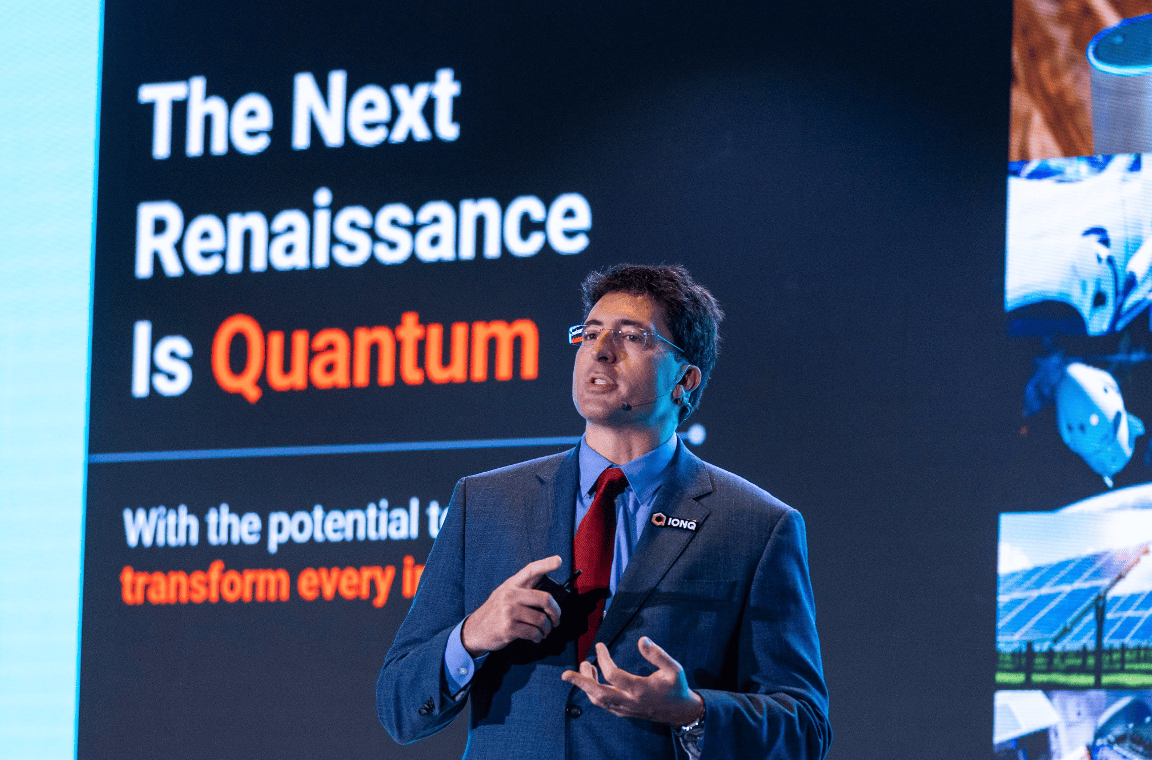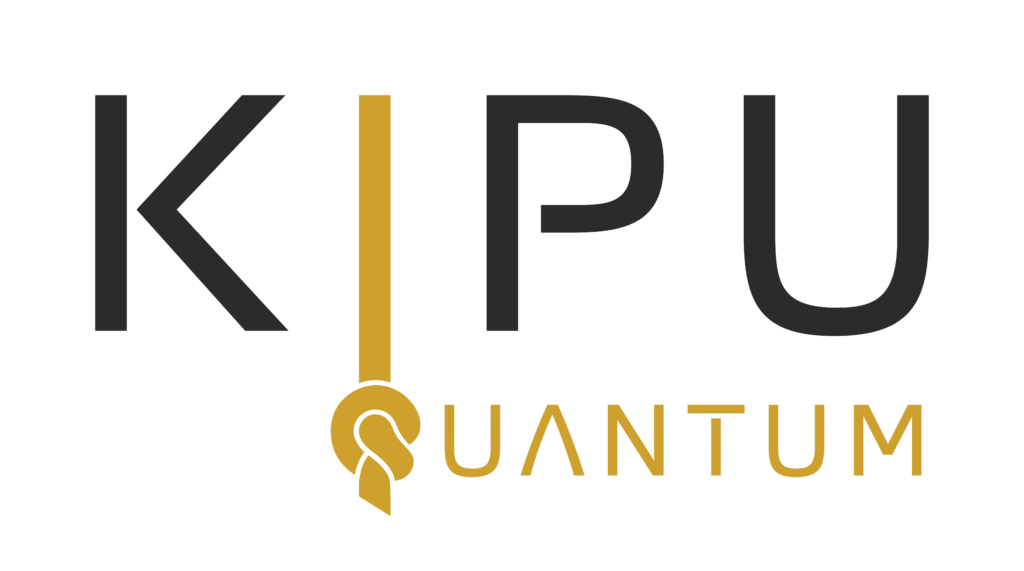Insider Brief
- Florida’s World Strategic Forum signaled the state’s emergence as an active participant in the global quantum industry, highlighting ongoing shifts from conceptual discussion to real-world implementation.
- Speakers emphasized that quantum technologies are already embedded in daily infrastructure—such as atomic-clock-based GPS—and warned that communication, policy readiness, and public education must accelerate to match rapid technical progress.
- Panelists noted that quantum sensing is advancing faster than quantum computing, with early deployments underway and implications across healthcare, energy, semiconductors, security, and space applications.
At the World Strategic Forum in Miami, the conversation surrounding quantum technology shifted from theory to implementation, signaling that Florida is becoming a meaningful contributor to the industry’s global trajectory. The dialogue no longer centers on whether quantum will transform critical sectors—the question is how quickly governments, investors, and institutions can prepare for what is already unfolding.
In a keynote address, Nicolo De Masi, Chairman and CEO of IonQ, captured the moment clearly: “The 21st century is going to be all about quantum technologies—and the great news is you haven’t missed it. We’re just inflecting right now.”
This marked the tone of the Forum—practical, strategic, and grounded in evidence rather than speculation.

That sentiment was echoed across multiple panels. When discussing public perception, Jamil Abo-Shaeer emphasized that the age of quantum is not on the horizon—it’s already arrived:
“Quantum technology has already arrived, and it’s being used by all of us today, whether we know it or not… GPS technology is fundamentally a precision timing network based on atomic clocks.”
Matt Cimaglia, Managing Partner of Quantum Coast Capital, was interviewed by Emmy Award–winning journalist Kerry Sanders in what became one of the most watched discussions of the event. Cimaglia warned that communication, policy readiness, and public education must keep pace with technical advances if the U.S. and its allies intend to maintain leadership in the field. Quantum, he argued, is not a distant challenge—it’s a restructuring of the computational, sensing, and security landscape happening now.
That urgency was reinforced by Amanda Stein, CEO of Quantum Catalyzer, who noted that one part of the industry is already ahead of schedule. She stated, “The technology of quantum sensors is advanced beyond quantum computing at this point, to where we’re already starting to deploy quantum sensors into the field for real applications.” This has direct implications for medical imaging, semiconductors, energy systems, and space-based applications where classical tools fall short
But perhaps the most important moment came when Hillary Matchett, Chief Investment Officer at Quantum Coast Capital, issued a challenge to industry and policymakers alike:
“Quantum is happening. This isn’t hypothetical… piece by piece, we’re going to see more in healthcare, energy, and defense. The big question is — are we going to be ready when this revolution hits us?”
Representatives from both Quantinuum and Mag Corp also joined the conversation of moving quantum from the lab to the real world.
The World Strategic Forum demonstrated that Florida is not merely hosting conversations on quantum—it is contributing to their development. With universities forming research alliances, state leadership examining policy pathways, and private investors aligning with longer-term infrastructure goals, Florida is beginning to act less like a distant observer and more like an emerging hub.
If the Forum was any indicator, the next decade of quantum development will not be decided exclusively in Silicon Valley, Boston, or Washington. Florida has stepped into the conversation—this time, not as an audience member, but as a participant.















